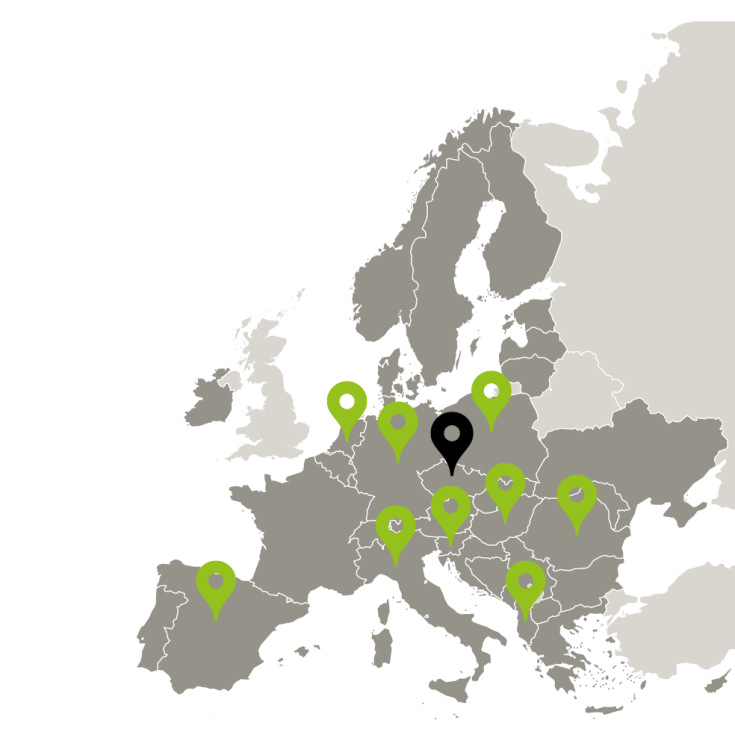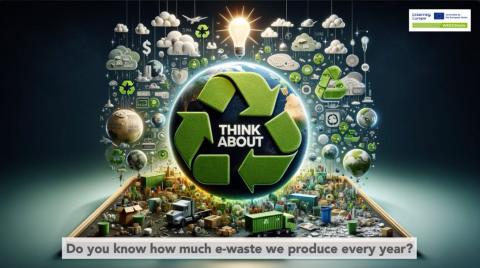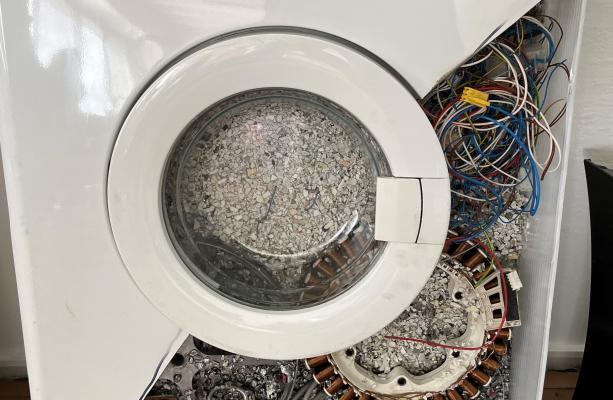Project summary
The WEEEWaste project is addressing management of electrical and electronic waste equipment across 10 regions.
🎯 Project objectives
♻️ implementing better national, regional and local policies for management of e-waste
♻️ promoting reuse, collection, recycling and other forms of recovery of e-waste
About us
🔹Czech Technical University in Prague (CZ)
🔹Bucharest-Ilfov Regional Development Agency (RO)
🔹Regional Government of Navarre (ES)
🔹 Municipality of Campobasso (IT)
🔹 Aufbauwerk Region Leipzig GmbH (DEU)
🔹Hajdú-Bihar County Government (HU)
🔹 Environmental Research Institute (SI)
🔹 Hanze University of Applied Sciences (NL)


Watch the WEEEWaste introduction video!
What is the #WEEEWaste project all about? Do you know how much e-waste we produce every year? To find out, watch this short explanation video.
What will this project change
WEEEWaste will:
Improve policies on management of electrical and electronic equipment as well as encourage reuse, collection, recycling and other forms of recovery of WEEE in the EU. It will improve the interregional coordination between municipalities and regions and encourage the general public to think towards a more responsible management of e-waste.
